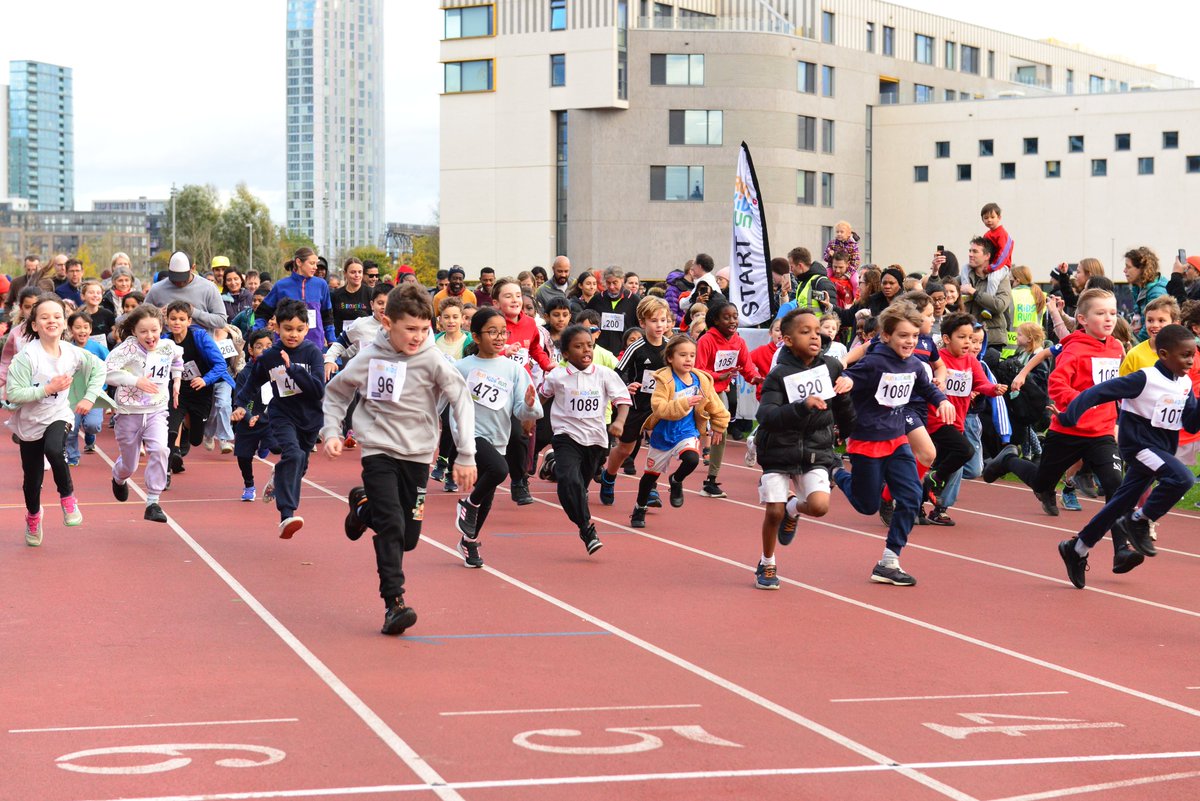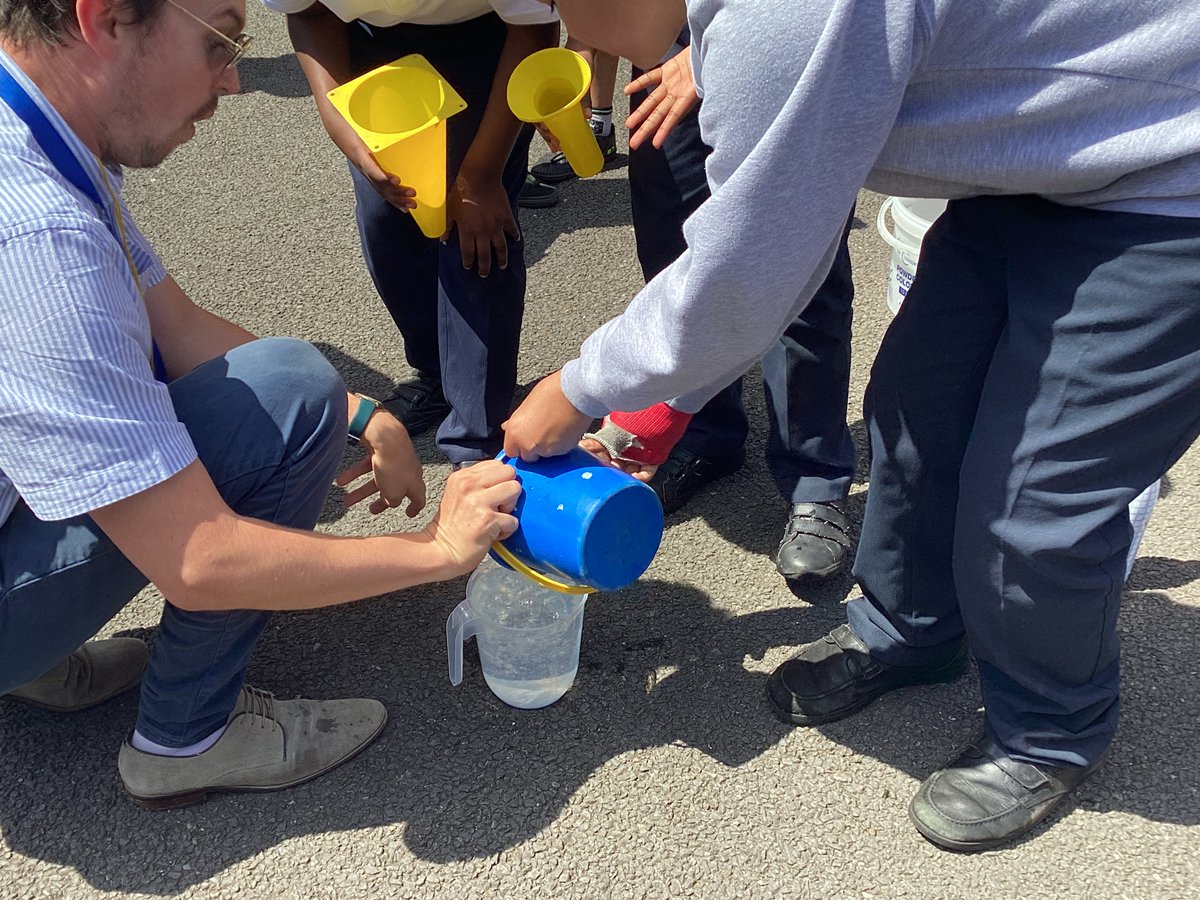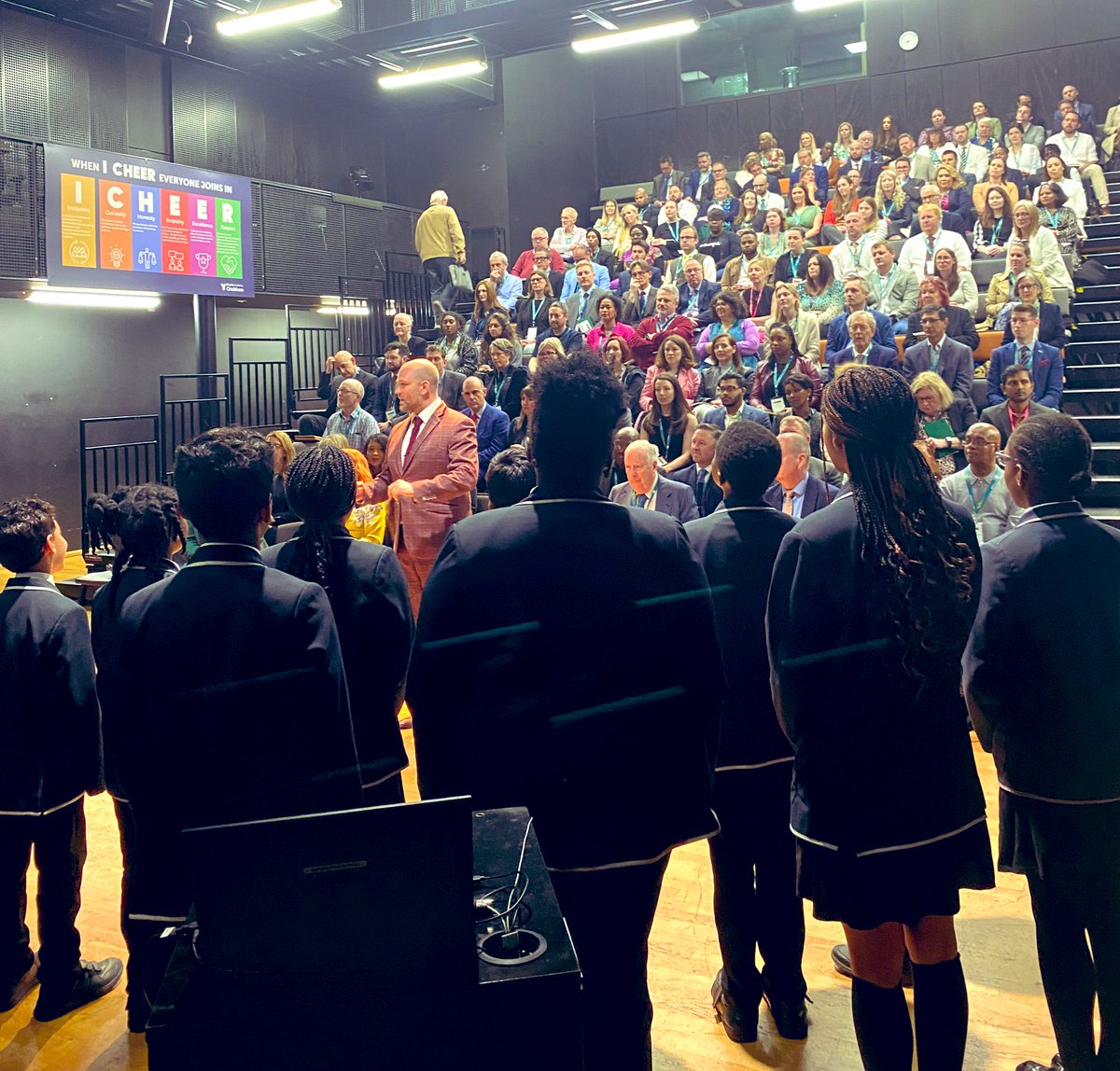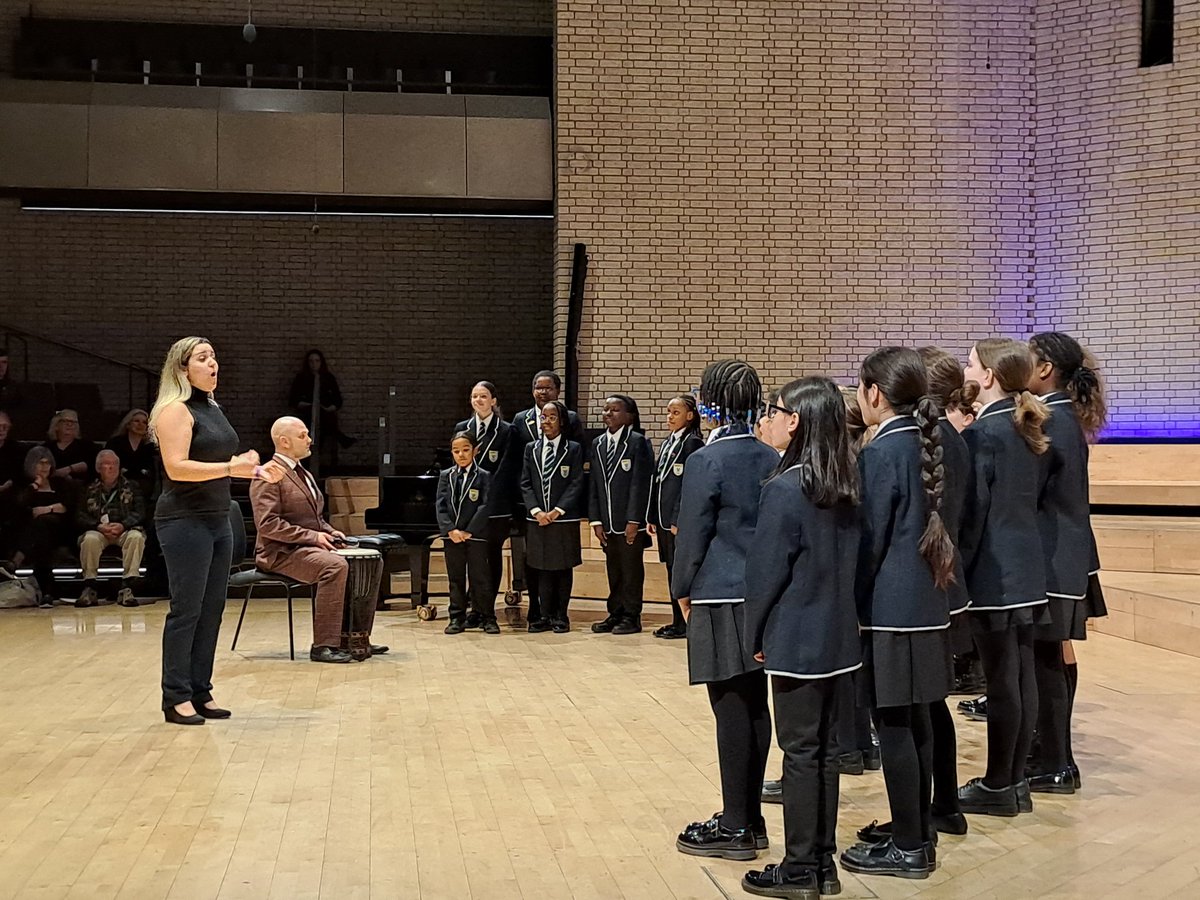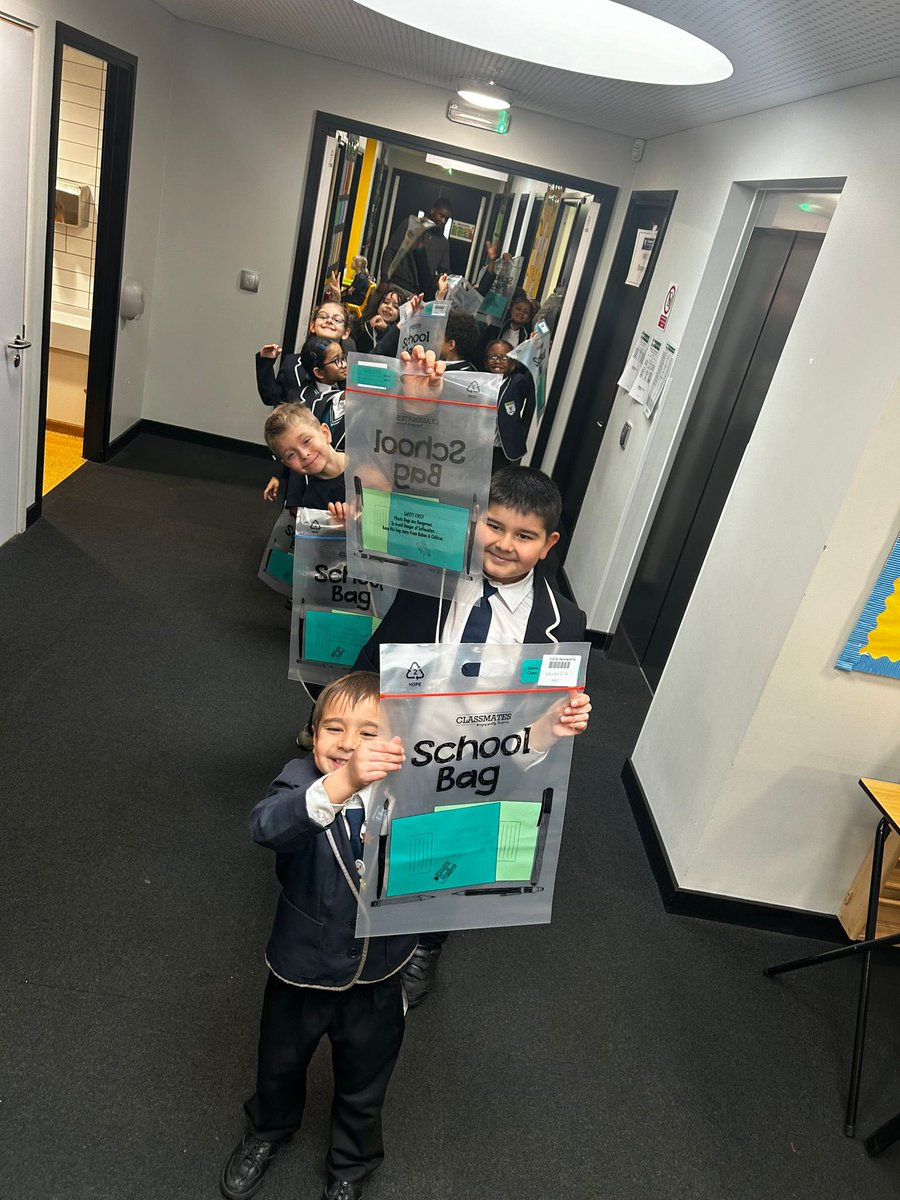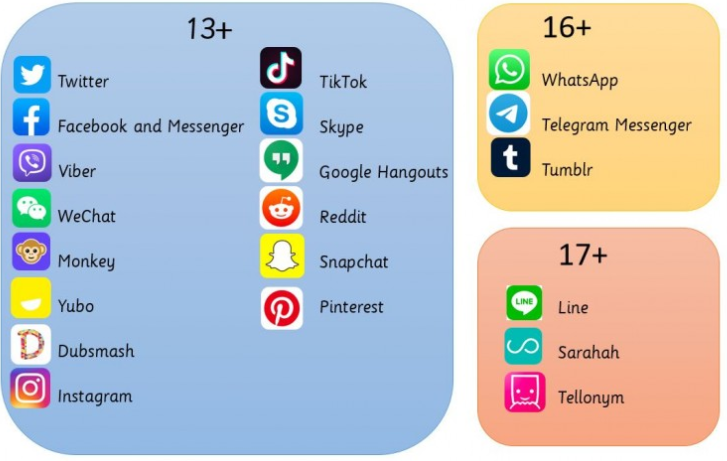Online Safety
At Harris Academy Chobham, we are aware of the importance of online safety and the increasingly important role it plays in our children’s lives.
The online landscape changes rapidly, so it is important that schools, parents and carers work together to take an active role in teaching children about online dangers and how to act safely when using the internet, apps and games. We are fully committed to protecting our pupils online and you can find a wealth of information on this page to support you with this at home. Harris Academy Chobham is committed to ensuring that our pupils are educated to become responsible, confident online citizens and users of information technology
‘Aims of the Framework Education for a Connected World’, government guidelines for online safety education, focuses on eight different aspects of online education:
1. Self-image and Identity
2. Online relationships
3. Online reputation
4. Online bullying
5. Managing online information
6. Health, wellbeing and lifestyle
7. Privacy and security
8. Copyright and ownership
We have built these aspects into the delivery of online safety education throughout the curriculum, particularly in PSHE and Computing, so that it is empowering, builds resilience and effects positive culture change. Online safety issues will also be reinforced during assemblies and through Safer Internet Day.
Setting Boundaries
It is important to talk to your child about Online Safety openly and regularly. Here are some tips of how to do this in a calm and supportive manner:
- Ask your child about their life, online and offline.
- Ask them to show you the apps and websites that they enjoy.
- Be positive about your child’s interests but open about your concerns.
- Talk to them about any concerns they have.
- Ask them about their online friends and how they know if they are really who they say.
- Listen to your child’s reasons for wanting to access apps and websites that they choose.
- Ask your child what they think is appropriate for different age groups.
For further advice, click here and here.
Along with establishing a dialogue with your child, a great idea can be setting up a family internet agreement and setting parental controls. Click here for advice on how to create a family agreement. Click here, scroll down and select your device/internet provider/app from the drop-down menu to find instructions on how to set parental controls.
Keeping Children Safe
Regardless of parental controls, innocent searches can sometimes produce unexpected results and sites such as YouTube can easily lead a child ‘down a rabbit hole’ to inappropriate content. Children may also search for things out of curiosity. However your child came upon the content, it is important that you stay calm and discuss this with them. Click here and here for advice on how to discuss these things with your child.
In addition to tablets, laptops and phones, children have access to other internet connected devices. These include smart speakers (Google Home, Amazon Echo, etc.), wearables (Fitbits, smart watches, etc.), toys with voice recognition (Hello Barbie, Furby Connect, etc.), robots, drones and other mechanical toys. Click here for advice on how to keep children safe while using these devices.
Many children are playing online games. These games are a great way for children to relax, have fun and socialise with their friends. However, they do not come without their risks. All games come with a PEGI age rating and content warnings. These should be taken as seriously as BFI film ratings. Please refer to the image below to see what you are looking for.
Click here for advice on how to keep your child safe when gaming.
Age Restrictions
As they get older and get their own phones and tablets, children are beginning to access live-streaming and online video apps, such as TikTok. These apps appeal to children as they provide them opportunities to be creative, take part in viral trends and connect with their friends. However, it is important to note that many of these have age restrictions of 13+. Please see the image below for guidance on social media age restrictions.
Click here for advice on dealing with these apps and websites, including how to handle a video of your child being shared without their consent.
Age Appropriate Resources
For more specific age-related advice, follow the links:
- https://www.internetmatters.org/advice/0-5/
- https://www.internetmatters.org/advice/6-10/
- https://www.internetmatters.org/advice/11-13/
To learn more about how to support your child to stay safe online, please do make use of the useful websites and document on this page.
Useful websites:
- Thinkuknow: https://www.thinkuknow.co.uk/
- UK Safer Internet for Children: https://www.saferinternet.org.uk/
- Childline: https://www.childline.org.uk/info-advice/bullying-abuse-safety/online-mobile-safety/
- Childnet International: https://www.childnet.com/
- Internet Matters: https://www.internetmatters.org/
- Parents Protect: https://www.parentsprotect.co.uk/internet-safety.htm
- NSPCC: https://www.nspcc.org.uk/keeping-children-safe/online-safety/
- Net Aware: https://www.net-aware.org.uk/
- Apple parental controls: https://support.apple.com/en-gb/HT201304
- O2 Family resources: https://www.o2.co.uk/help/online-safety
Useful documents:
- parenting-in-a-digital-worldonline.pdf
- SMART-Poster-A4.pdf
- A Guide to Parental Controls: https://primarysite-prod-sorted.s3.amazonaws.com/springcroft-primary-school/UploadedDocument/d116b484372346bc8fc855cc2c037cb6/parental-controls-booklet-2020.pdf
- Education for a Connected World: https://assets.publishing.service.gov.uk/government/uploads/system/uploads/attachment_data/file/759003/Education_for_a_connected_world_PDF.PDF
